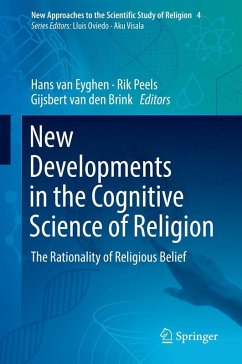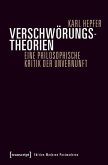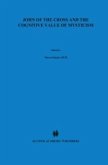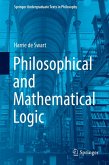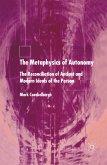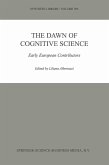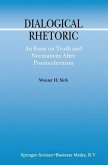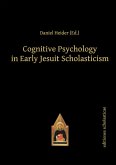It is widely thought that the cognitive science of religion (CSR) may have a bearing on the epistemic status of religious beliefs and on other topics in philosophy of religion. Epistemologists have used theories from CSR to argue both for and against the rationality of religious beliefs, or they have claimed that CSR is neutral vis-à-vis the epistemic status of religious belief. However, since CSR is a rapidly evolving discipline, a great deal of earlier research on the topic has become dated. Furthermore, most of the debate on the epistemic consequences of CSR has not taken into account insights from the philosophy of science, such as explanatory pluralism and explanatory levels. This volume overcomes these deficiencies.
This volume brings together new philosophical reflection on CSR. It examines the influence of CSR theories on the epistemic status of religious beliefs; it discusses its impact on philosophy of religion; and it offers new insightsfor CSR. The book addresses the question of whether or not the plurality of theories in CSR makes epistemic conclusions about religious belief unwarranted. It also explores the impact of CSR on other topics in philosophy of religion like the cognitive consequences of sin and naturalism. Finally, the book investigates what the main theories in CSR aim to explain, and addresses the strengths and weaknesses of CSR.
This volume brings together new philosophical reflection on CSR. It examines the influence of CSR theories on the epistemic status of religious beliefs; it discusses its impact on philosophy of religion; and it offers new insightsfor CSR. The book addresses the question of whether or not the plurality of theories in CSR makes epistemic conclusions about religious belief unwarranted. It also explores the impact of CSR on other topics in philosophy of religion like the cognitive consequences of sin and naturalism. Finally, the book investigates what the main theories in CSR aim to explain, and addresses the strengths and weaknesses of CSR.
Dieser Download kann aus rechtlichen Gründen nur mit Rechnungsadresse in A, B, BG, CY, CZ, D, DK, EW, E, FIN, F, GR, HR, H, IRL, I, LT, L, LR, M, NL, PL, P, R, S, SLO, SK ausgeliefert werden.

